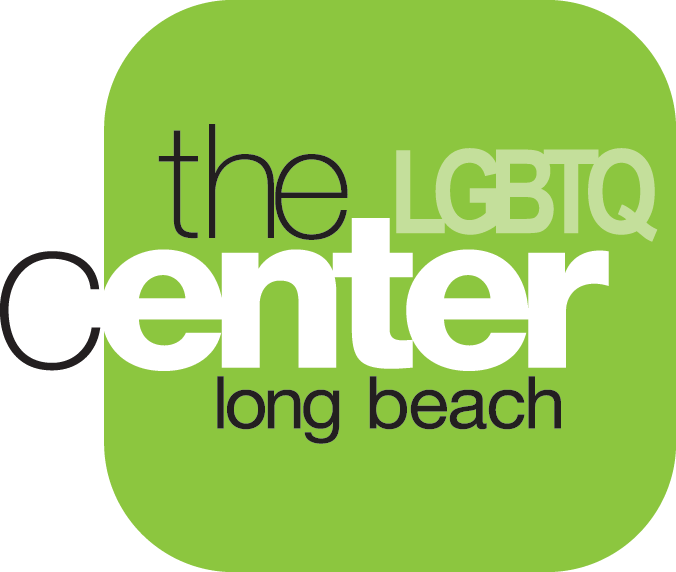Free HIV Testing & STI Screening
Monday, Tuesday, Wednesday & Friday
10:00 AM – 5:30 PM
Thursday
10:00 PM – 7:30 PM
(562) 434-4455 ext. 500
Rapid HIV testing may be available on a walk-up basis during testing hours, but appointments are recommended. Same day appointments may be available, please call us for best assistance.
Sat & Sunday
CLOSED
“If you are experiencing symptoms related to STIs or have been notified by a partner that you may have been exposed, please let us know when you call to schedule an appointment with one of our on-site providers. Telehealth sessions are available.”
STI Basics and What You Should Know
-
Syphilis
You can get syphilis by direct contact with a syphilis sore during genital, anal, or oral sex, or by having sex with someone who is infected with syphilis. Sores can be found on or around the genitals, anus, in the rectum, on the lips, or in the mouth. Having syphilis once does not protect you from getting it again, even if you received treatment. Using condoms the right way every me you have sex can reduce the chances of being exposed to syphilis.
-
Gonorrhea
Anyone can get gonorrhea, regardless of gender or sexuality. It can cause infections in the genitals, rectum, and throat, and it is possible to have an infection on without having any symptoms. It is most common among people ages 15-24. It is important to test every area you use for sex. The basic urine test that is commonly offered will not detect gonorrhea in your throat or rectum.
-
Chlamydia
Most people who have chlamydia have no symptoms. Symptoms may include discharge, burning sensation on when urinating and, less commonly, pain or swelling in the testicles. A person can also get infected with chlamydia in their rectum and throat. More than half of our patients that have an STI have a reactive chlamydia test.
-
HIV
The vast majority of HIV infections can be detected earlier then before. Why is this important to know? Early detection can lead to better health outcomes and less complications. It also prevents further transmission, since a large proportion of new HIV infections come from individuals who are newly infected and don't know their health status.
An undetectable viral load can significantly reduce the transmission of HIV through sex. Check out U=U (Undetectable = Untransmittable) for more information.
Although the most effective way to prevent the sexual transmission of HIV is to avoid exposure to body fluids that contain the virus, the reality is that not all exposures result in infections and the likelihood of infection depends on many factors. You CANNOT get HIV from kissing, hugging, sharing food, toilet seats, or sweat.

Additional STI Screening Resources
APLA Health Long Beach
Monday, Tuesday, Thursday, & Friday: 8:00am – 5:00pm
Wednesday: 8:00am – 7:00pm
(562) 247‐7740
1043 Elm Ave. Suite #302
Long Beach, CA 90813
The CARE Center
Monday - Friday: 8:30am-4:30pm
(562) 453‐3766
1043 Elm Ave. Suite 300
Long Beach, CA 90813
AHF – Out of the Closet
Monday - Saturday: 10:00am - 7:00pm
Sunday: 10:00am to 6:00pm
(562) 494-0340
3500 E Pacific Coast Hwy
Long Beach, CA 90804
Long Beach Health Department
Main Health
HIV Testing and STI Screening
Tuesday: 8:30am to 4:30pm
(562) 570-7916
2525 Grand Avenue
Long Beach, CA 90815
Long Beach Health Department
Ron Arias Health Equity Center
HIV Testing and STI Screening
Friday: 9:00am to 4:00pm
(562) 570-3343
6335 Myrtle Ave.
Long Beach, CA 90805
Long Beach Health Department
Mobile Testing Clinic
All throughout Long Beach
10:00am to 3:00pm
Monthly calendar: www.longbeach.gov/mtu
(562) 235-7152
Bienestar Human Services
Monday - Friday: 10:00am-6:30pm
866-590-6411
2690 Pacific Ave #300,
Long Beach, CA
Long Beach Comprehensive Health Center
Monday - Friday: 8:00am - 4:00pm
(562) 753-2300
1333 Chestnut Ave
Long Beach, CA 90813


Preventative Care
PEP & PrEP
PEP (post-exposure prophylaxis) means taking antiretroviral medicines (ART) after being potentially exposed to HIV to prevent becoming infected. PEP should be used only in emergency situations and must be started within 72 hours after recent possible exposure to HIV. If you think you’ve recently been exposed to HIV during sex, through sharing needles or if you’ve been sexually assaulted, talk to your health care provider or an emergency room doctor about PEP right away.
APLA Health Long Beach
Monday, Tuesday, Thursday, & Friday: 8:00am – 5:00pm
Wednesday: 8:00am – 7:00pm
(562) 247‐7740
1043 Elm Ave. Suite #302
Long Beach, CA 90813
The CARE Program
Monday - Friday: 8:30am-4:30pm
(562) 453‐3766
1043 Elm Ave. Suite 300
Long Beach, CA 90813
Long Beach Department of Health
Monday - Friday: 7:00am-5:00pm
(562) 570-4315
2525 Grand Ave.
Long Beach, CA 90815
Looking for PrEP in Long Beach?
Here are some locations near the Center that can help:
If you have any questions or for more information about PEP or starting PrEP,
please call us at (562) 434-4455 ext. 500 or click below:






